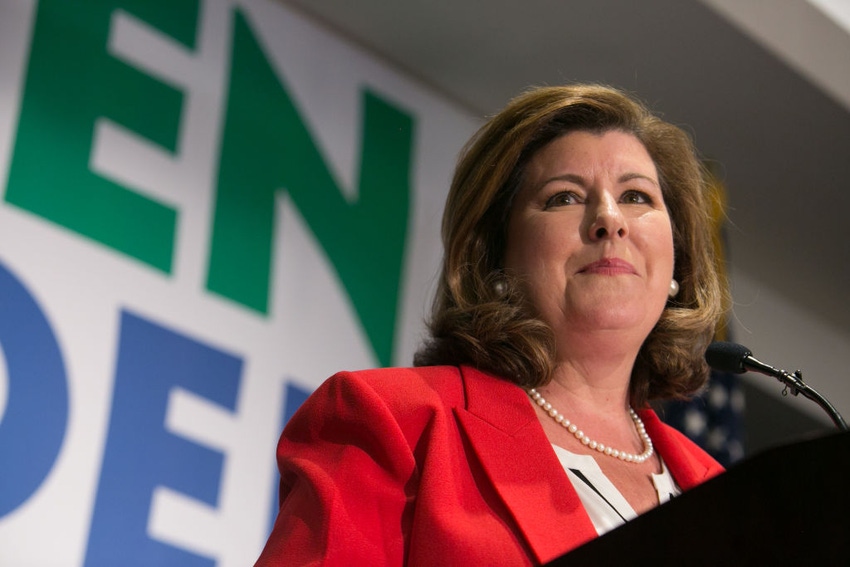Here’s how special elections and the cattle markets are similar
When it comes to politics and the cattle markets, there is a tendency to avoid the obvious because the discernible problems require real effort to fix.

If you were watching cable television Tuesday night, the big story was the special election in Georgia. It was heralded as a referendum on the Trump administration, a harbinger for the 2018 election cycle and/or the final straw for the Trump agenda, among other things. It was the most expensive House election in history, totaling over $50 million. Money flowed to the 6th District in Georgia from everywhere.
This election took on huge significance in the minds of the political class because it was believed that the Democrat would win. The district had been solidly Republican, but Trump barely carried it in 2016 and his approval rating among Republicans in the district was well below the national average. The Republican candidate was not seen as overly charismatic and the young Democratic challenger was seen as a charismatic rising star who was running on a moderate to conservative fiscal agenda.
In the end, we are learning that money doesn’t guarantee victories like it used to, and that while the Trump scandals over obstruction and Russian collusion may be the talk of the Beltway and may have slowed the Trump agenda from moving forward, it isn’t the talk of the people in the country. They are still are concerned about jobs, the economy, taxes, health care, the deficit, education and the like.
Yes, this was the prototypical district—suburban, trending democratic with major shifts in population. Yes, Trump is unpopular in certain circles and mired in controversy, but that doesn’t change the fact that the rage felt by the Far Left in the Democratic Party and their agenda is not an easy sell either.
This was a district that should have been winnable by the Democrats in this environment, but the demographic shift is not as pronounced as thought and in the end it was much hoopla about nothing.
The fact that the Democratic and Republican establishments and the media were surprised by the result only tells us that they remain so woefully out of touch with mainstream America that they still can’t figure out how to poll it accurately. In the end, it was just one election with a somewhat predictable result with a margin of victory that turned out to be quite a bit larger than expected.
There was another race, this one in South Carolina, which was considered to be a foregone conclusion as well and, as a result, received little consideration from either side. Voter turnout was dismal and the margin of victory was much smaller. While the Republican candidate narrowly won, it, too, means very little.
We do the same thing with the cattle markets. Instead of a whole bunch of anomalies that, when combined, become an aggregate, we try to divine special meaning from every big move up or down, and back-engineer explanations that give credence to minutia.
Both the Republicans and Democrats have every right to be scared. The Republicans will have to figure out how to govern and move things forward in an environment where bipartisanship is dead and the administration is under constant attack with high disapproval ratings. How they let a special counsel be appointed who is a best friend with the individual conspiring to bring down the president is a classic example of their ineptitude.
Consider this: In eight years, with IRS, Benghazi, Fast and Furious, Iranian payments, email scandals, etc… not a single prosecutor was appointed. In three months, with no proof of wrongdoing, the Republicans have allowed a special prosecutor to be named. Democrats can celebrate every political victory and the advancement of their agenda while not holding either chamber or the presidency, but the harsh reality is that the American people are sick of the political games. The Democrats may be succeeding in destroying the Trump administration, but that does not necessarily translate to electoral success for their party going forward.
When it comes to politics and the cattle markets, there is a tendency to avoid the obvious because the obvious problems require real effort to fix. It is easier to focus on the minutia and the little battles, but in the end the consumers of both tend to be pretty good arbitrators, and if we ignore them too long, they will find another solution.
About the Author(s)
You May Also Like




.png?width=300&auto=webp&quality=80&disable=upscale)
